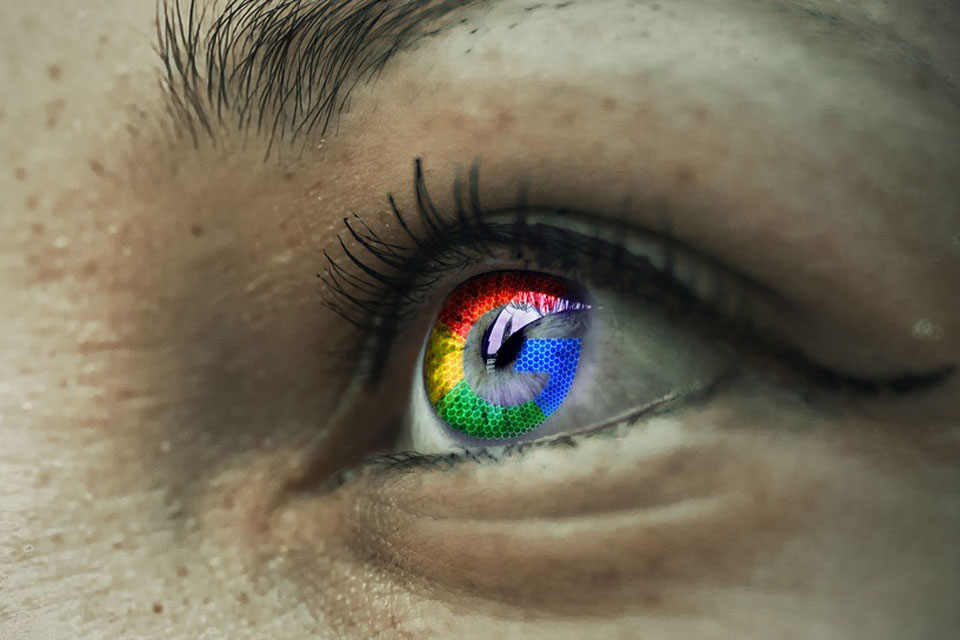While Google continues to impress with the latest round of ‘Duet AI for Google Workspace’ features unveiled at Google Cloud Next ’23, vague rollout timelines stole some thunder from the announcements.
That’s according to Gregg Willsky, Principal Analyst at GlobalData, who said: “’Duet AI’ was likened to an intelligent collaborator poised at the user’s side, waiting to act based on their commands.”
GlobalData analysis finds the ‘Duet AI’ name is intended to evoke the idea of a union between the user and AI. Since the arrival of ChatGPT, the public has feared that AI will soon substitute hard-earned skills. To offset that concern, the industry (Google included) has been attempting to position AI as a tool that helps users, not hampers them.
Willsky added: “Duet AI paired with the Google CCAI Platform would make for an even more robust AI portfolio. Marrying collaboration and contact center capabilities to help deliver a superior customer experience (CX) has become a top priority among players in the unified communications and collaboration (UC&C) market, especially given the current economic climate. Once Duet AI is fully launched, Google will be well positioned to take advantage of this trend and to do so in a manner fueled by AI.”
Google’s existing innovations and the promise inherent in those forthcoming have borne fruit. More than 300 features have been launched in Google Workspace over the past 12 months alone, and Google Workspace now has more than three billion users and more than 10 million paying customers. Currently, thousands of companies and over one million users are using Duet AI in Google Workspace.
Willsky concluded: “Viewing the event holistically, the announcements make for a nice feather in Aparna Pappu’s cap as she begins her second year as chief of Google Workspace. However, somewhat diluting the excitement was a vague rollout timeline. While some features are currently available, much of what was discussed will launch in the next few weeks, months, and even in 2024. Hopefully, Google will offer more specificity soon.”




